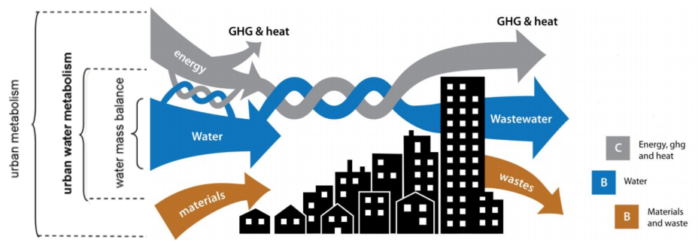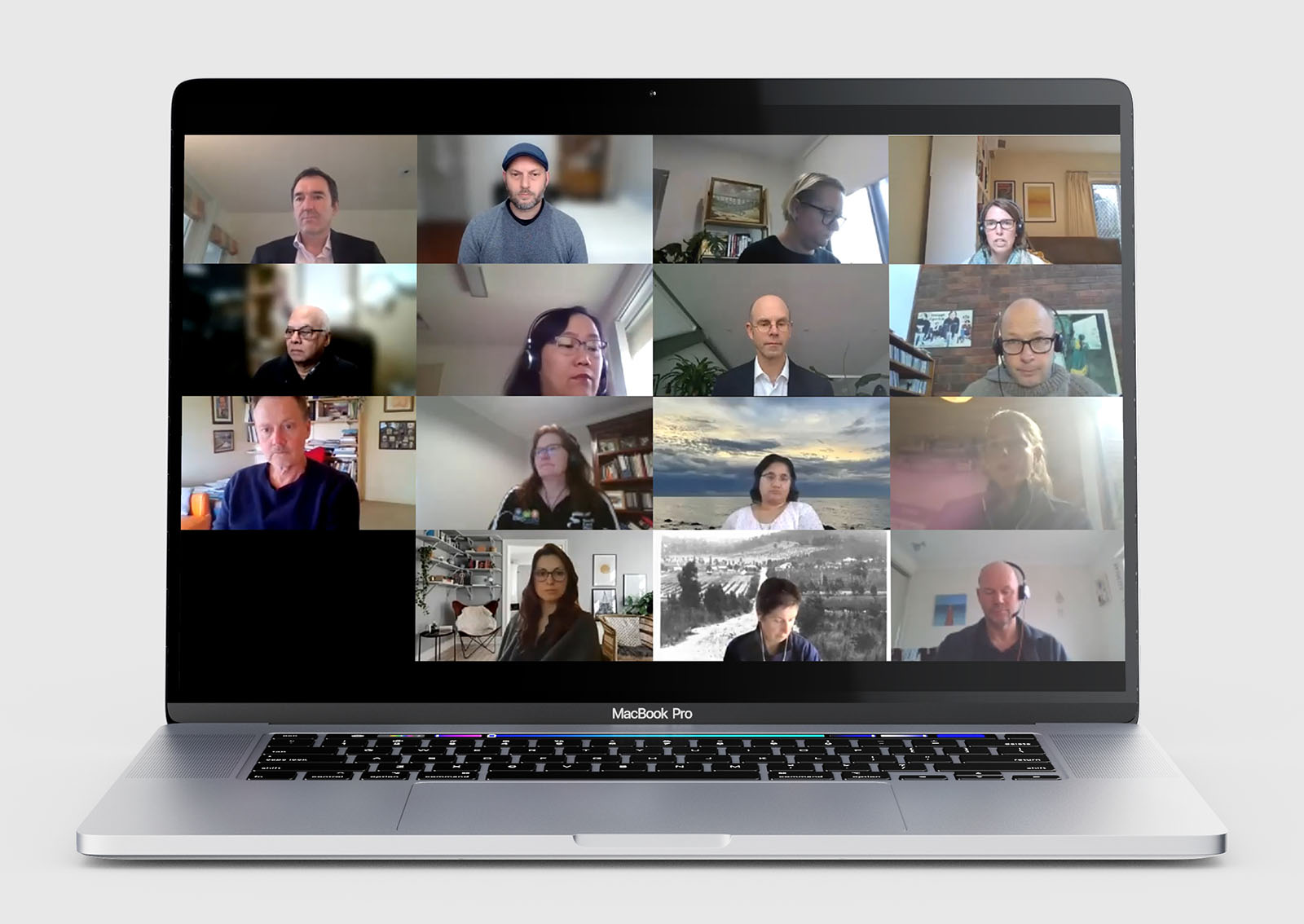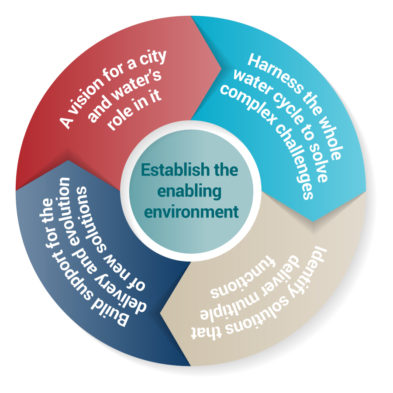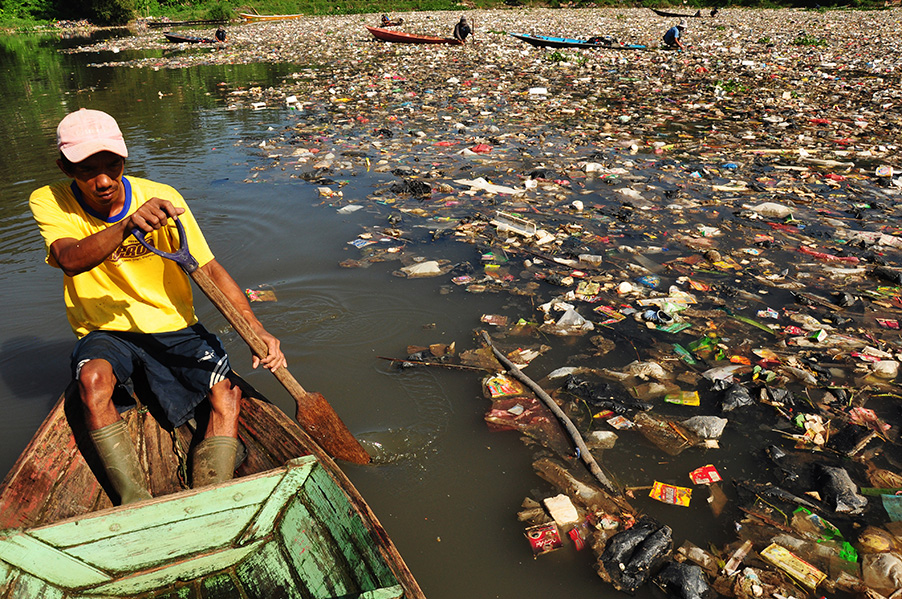We’re as busy as ever supporting water sensitive practice
As well as our portfolio of 'mainstreaming' activities, Water Sensitive Cities Australia undertakes research and fee-for-service impact support projects with individual organisations.
Here’s a quick rundown on some of our recent activities:
We examined the urban metabolism opportunities (i.e. circular economy) in Byron Shire (NSW), to guide recycled water strategic planning. In particular, we:
- developed a water balance and a fit-for-purpose assessment framework based on urban metabolism principles
- identified strategic objectives for recycled water
- evaluated the economic costs and benefits of options to achieve objectives
- prepared a portfolio of investment options.

We’re developing guidance on funding and financing water sensitive city solutions. Too often, viable integrated water management projects are derailed by questions about who should pay. The guidance we’re preparing for the Victorian Department of Environment, Land, Water and Planning explains the difference between finance (the money for the upfront costs) and funding (who repays the money over time). It also outlines a 3-step process to unlock funding solutions for projects and programs:
- Understand how the partners, their operating context, the partners, and the nature of the project all affect discussions about where the money might come from
- Assess the pros and cons of a broad range of funding and financing options using criteria such as cost and risk sharing and funding principles.
- Select a preferred way forward that is practical, implementable and aligned to project objectives.
The guide gives non-economists a working knowledge of funding and financing concepts and frameworks, and has extensive industry input from the Department of Environment, Land, Water and Planning and Victorian industry practitioners.

We are finalising an Urban WaterGuide for the Australian Water Partnership, to support outreach in the Indo-Pacific region and beyond. The Guide provides practical guidance for those wanting to introduce Australia's integrated urban water management experience into developing countries. It is equally applicable to cities facing threats of drought, floods, poor hygiene and degraded waterways, or wanting to adapt to a changing climate. Using lessons from multiple Australian cities, the Guide emphasises a collaborative and integrated approach to urban water. It comprises 4 steps:
- The vision step frames urban water challenges in terms of city-wide outcomes.
- The strategy step describes how to integrate the management of the urban water cycle together with urban planning to create community value.
- The solutions step details how urban water projects can be multi-, rather than mono-functional.
- The delivery step discusses ways to fund and de-risk the on-ground implementation.
Principles of stakeholder and community engagement are central to each step, including the importance of planning for gender equality, disability and social inclusion (GEDSI).

We’re also continuing our research activities, such as the Aquarevo home smart irrigation for cooling project with South East Water and University of Melbourne. This project is investigating whether it’s cheaper to cool our houses with water, rather than electricity. The project combines smart sensors, irrigation and misting to actively cool the landscape and mitigate urban heat at an individual house in the Aquarevo Estate. In July we shared the initial project findings with Melbourne Water, SA Water, Monash University, the City of Casey, Villawood Properties and Lyndhurst Primary School who are all excited to scale up the findings once the project is complete.
We’re also contributing to a research project with the University of Melbourne to understand how a new general environment duty will affect urban stormwater management. New environmental laws in Victoria give the EPA more powers to prevent environmental risks, such as stormwater pollution, before they occur. A new ‘general environmental duty’ is central to this, and requires Victorians to minimise the environment risks that their activities create. A key to implementing the general duty is understanding the ‘state of knowledge’ of stormwater management. The research is investigating how practitioners stay abreast of changes in the state of knowledge, and what sources of information are deemed credible to include.
Despite COVID travel restrictions we are shaping new international projects, particularly in China, Indonesia, and the Mekong. For example:
- Mekong – We are working with the Australian Water Partnership, World Bank and Mekong partners to develop guidance on integrated urban flood management in Thailand and Vietnam. In particular, we are preparing case studies that demonstrate how to identify, assess and select preferred flood management strategies. Valuing the benefits of nature-based solutions is a key part of this project.
- China – We are working with the Asian Development Bank in Jiaxiang County to develop its integrated water management strategy, and with City of Kushan on several projects to further integrate nature-based solutions into public open space including Riverfront Park and in Kunshan S1 Metro corridors.
- Indonesia – We are involved in a project led by Monash Art, Design and Architecture (MADA), Monash Sustainable Development Institute (MSDI) and Universitas Indonesi, together with the Indonesian Government, to restore the Citarum River, the world dirtiest river. The project will co-design new infrastructure, behaviour programs, business models and institutions that encourage recycling, remanufacture and reusing waste.
- India – We are working with Alluvium International and The Energy and Resources Institute to apply the Water Sensitive City Index in an Indian city as a part of DFAT’s 2021 Australia Alumni Grant Scheme.
- New Zealand – Together with MSDI Water, we are helping Morphum Environmental implement the Water Sensitive Cities Index in Auckland. The benchmarking will form part of Auckland Council’s innovative Water Strategy process which is adopting a Te Ao Maori lens. The benchmarking will consider how to integrate Tangata Whenua values with the current Water Sensitive Cities benchmarking tool and process. Lessons from this process will be invaluable for Australian cities wishing to adopt indigenous values and perspectives in urban water management.
